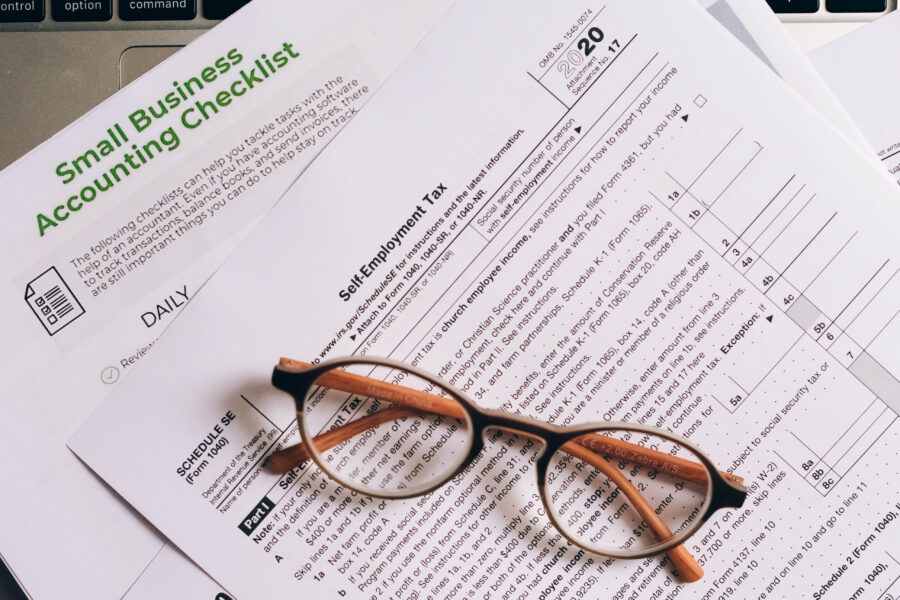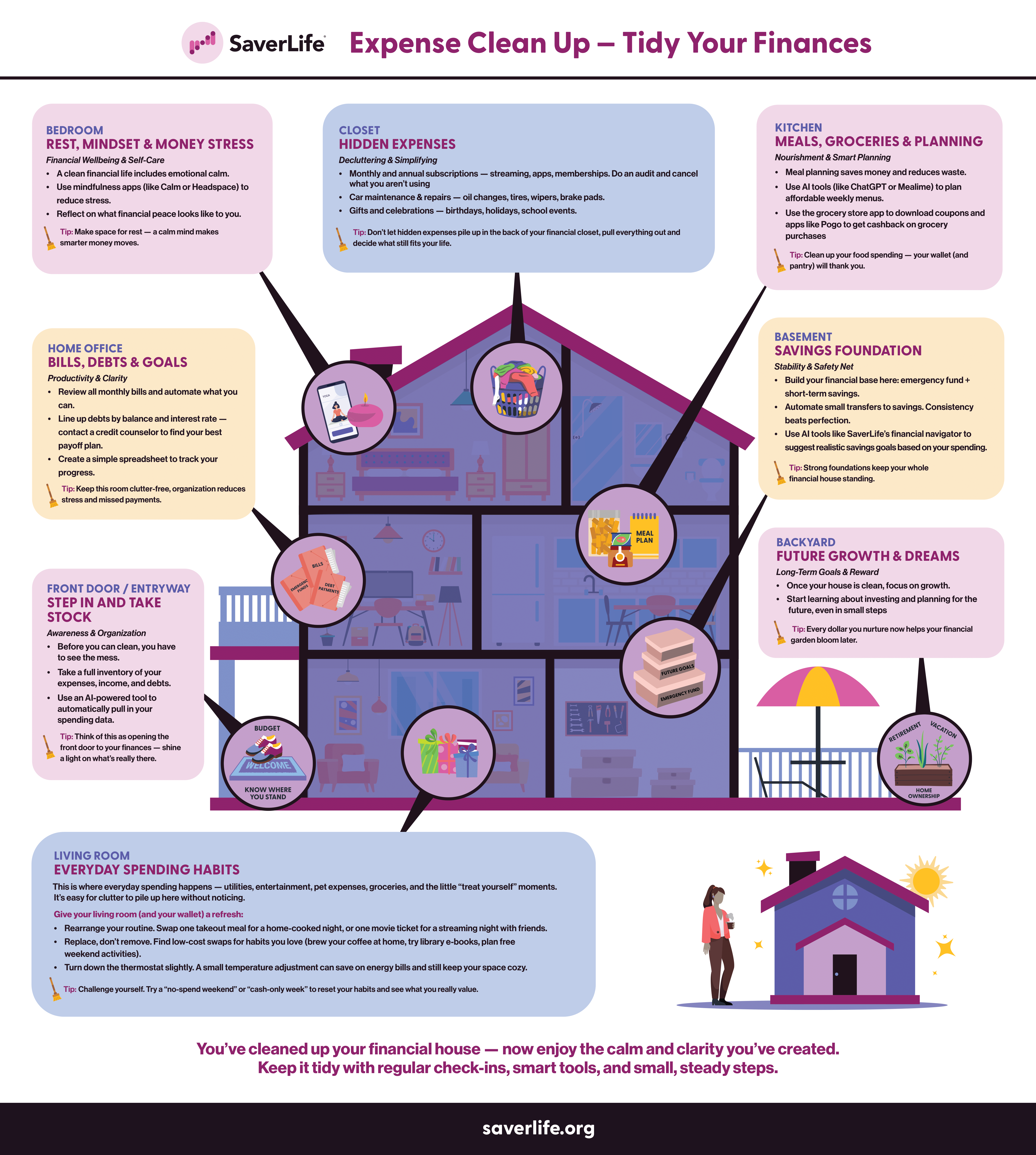
When you’re juggling a full-time job and launching your small business, taxes probably aren’t the first thing on your mind. But preparing a tax return becomes more difficult when you add that small business or self-employment income into the mix.
Be prepared when tax season rolls around with these 7 tips for doing small business taxes when you have a 1099 and a W-2.
Note: These tips focus on people who 1) have a W-2 job and also have business or self-employment income AND 2) report that on their individual tax return (on a Schedule C Form, NOT a separate business return). We’ll also explore the federal tax return requirements. State tax return requirements will vary depending on the state.
1) The filing requirement
If you don’t otherwise have to file a tax return, the filing requirement for self-employment income is $400 or more. However, if you have to file due to another requirement, you still have to report that business income, even if small.
Most taxpayers with W-2 income do have a filing requirement. If you aren’t sure whether or not you’re required to file a tax return, you may want to use an IRS Interactive Tax Assistant to help you determine that.
2) Consider if a 1099 is right for you
If you earned income from selling goods or providing services, it’s taxable income – meaning a 1099 might be right for you – unless you don’t have to file as discussed above in tip #1.
3) Manage your tax withholding and estimated tax payments
The more sources of income you have, the more effort you should put into managing your tax withholding, particularly to avoid owing when you file your tax return.
If your 1099-NEC or 1099-K income is relatively small compared to your W-2 income, you may be able to just adjust your withholding for your W-2 income to cover the self-employment income tax liability.
But as your self-employment income increases in comparison to your W-2 income, the more likely you’ll need to pay quarterly estimated taxes. The US Federal Tax System is a pay-as-you-go system, so if you don’t pay enough each quarter, you could find yourself with tax penalties and interest.
Methods to determine and/or cover your estimated taxes include using the IRS withholding calculator, using the IRS estimated tax worksheets, or using tax software. If you find it more difficult than you would like to handle yourself, a tax professional can be helpful.
4) Pay any estimated tax payments on time
Pay for every quarter there is income to be taxed. The due dates are April 15, June 15, September 15, and January 15 the following year.
Yes, they are not “even” quarters. You can find more information on the “quarters” here.
If you don’t pay the right amount on time every quarter, there may be penalties even if you get a refund when you file your tax return.
5) Keep good and up-to-date records
Keep receipts and invoices and a monthly summary of all expenses. If you aren’t sure that an expense is a valid deduction, keep the proof and determine deductibility when your tax return is prepared.
It is a good idea to be familiar with the Schedule C instructions and Pub 535. If you aren’t sure how to organize your records, matching up categories with the expense lines on the Schedule C Form can be a good way to organize expenses.
6) Keep expenses for W-2 income separate from expenses for self-employment or 1099-NEC (or 1099-K) income
The options under current law to deduct expenses incurred as an employee (W-2 worker) is extremely limited.
There are many IRS court cases and audit cases in which it was determined the taxpayer (inadvertently or intentionally) allocated expenses to self-employment income and activity inappropriately. This tends to result in not only tax debt, but also penalties and interest. In some cases, there were criminal penalties.
This can be best avoided by keeping clear and distinct records. Honesty is the best policy.
7) Don’t confuse a hobby with a business
Sometimes we make a little money on a hobby. Generally, the IRS views a hobby as something you do for fun, but you happen to make a little money. And the IRS and Congress do generally want to tax that little bit of money, and there is a procedure to report hobby income.
Under current law, the ability to deduct expenses from hobby income is virtually non-existent. If you have more than 2 years of losses in the last five years on a schedule C (business or self-employment losses), the IRS starts to wonder if you have a business or a hobby.
If they decide to check and determine you really have a hobby, you’ll owe taxes, penalties, and interest.
If you do have more than two years of losses, you should report that. There are times it takes several years for a business to be profitable. But you should be able to show you’re doing things to try to make the business profitable.
If you keep doing the same thing for three years and don’t have a profit, there is a good chance that the IRS may consider your activity a hobby.
You can find more IRS info about whether you have a business or a hobby here.


